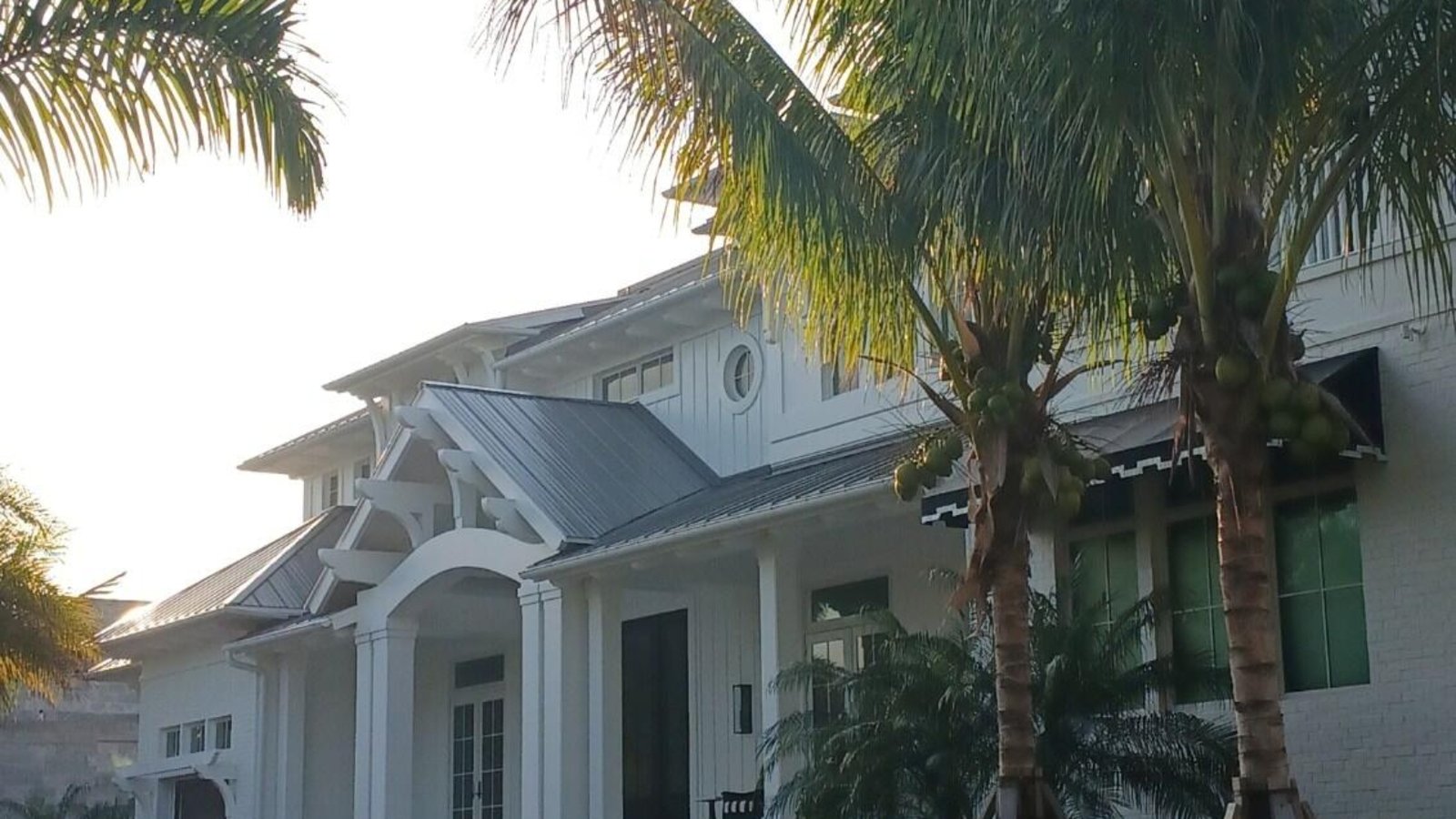A Comprehensive Guide by Choice Lumber
When it comes to construction projects, one of the most crucial decisions you’ll face is selecting the right building materials. The materials you choose can significantly impact the durability, aesthetics, and overall success of your project. With so many options available in the market, it can be overwhelming to make the right choice. However, with careful consideration and understanding of your project’s requirements, you can confidently choose the best building materials for your needs.
Understanding Your Project Needs
Before diving into the plethora of building materials available, it’s essential to assess your project’s specific requirements. Consider factors such as:
- Location: Are you building in a coastal area prone to hurricanes? Or in a region with extreme temperature variations?
- Functionality: Will the structure be residential, commercial, or industrial? What are the specific requirements for durability and performance?
- Aesthetics: Do you have a particular architectural style or design preference?
- Budget: What is your budget for materials and construction? Are you looking for cost-effective options without compromising quality?
By understanding these key aspects, you can narrow down your options and make informed decisions when selecting building materials.
Exploring Building Material Options
1. Wood
Wood remains a popular choice for construction due to its versatility, natural beauty, and sustainability. Choice Lumber offers a wide range of high-quality lumber options, including pressure-treated lumber for outdoor projects and hardwoods for interior applications. Wood is suitable for various projects, from framing and decking to interior finishes and furniture.
2. Composite Materials
Composite materials, such as composite decking and siding, offer the look of wood without the maintenance. These materials are made from a combination of recycled plastics and wood fibers, providing durability and resistance to rot, mold, and insects. Choice Lumber’s composite products are an excellent choice for outdoor applications requiring low maintenance and longevity.
3. Metal
Metal building materials, including steel and aluminum, are valued for their strength, durability, and versatility. They are commonly used in commercial and industrial construction projects for their ability to withstand harsh environmental conditions and support large structures. Choice Lumber offers a range of metal products, including steel beams, roofing panels, and fasteners, suitable for various applications.
4. Concrete
Concrete is a staple building material known for its strength, durability, and fire resistance. It is used in a wide range of construction projects, from foundations and sidewalks to driveways and countertops. Choice Lumber provides high-quality concrete products, including ready-mix concrete and precast concrete items, tailored to meet the specific needs of your project.
Conclusion
Choosing the right building material is essential for the success of any construction project. By understanding your project’s requirements and exploring the various options available, you can make informed decisions that ensure durability, functionality, and aesthetics. Whether you prefer the natural warmth of wood, the low maintenance of composite materials, the strength of metal, or the versatility of concrete, Choice Lumber has you covered with high-quality products and expert guidance.
5 Engaging FAQs
1. What are the advantages of using wood for construction?
Wood offers several advantages, including versatility, natural beauty, ease of construction, and sustainability when sourced responsibly.
2. How do I know which building material is best for my project?
Consider factors such as location, functionality, aesthetics, and budget to determine the most suitable building material for your project. Consult with experts at Choice Lumber for personalized recommendations.
3. Are composite materials environmentally friendly?
Composite materials made from recycled plastics and wood fibers contribute to sustainability by reducing waste and minimizing the need for virgin materials. They are a greener alternative to traditional wood products.
4. Can metal building materials rust or corrode?
While metal building materials can rust or corrode over time, choosing high-quality, corrosion-resistant products and proper maintenance can mitigate these issues and prolong their lifespan.
5. Is concrete suitable for residential construction?
Concrete is a versatile building material suitable for both residential and commercial construction. It offers strength, durability, and design flexibility, making it ideal for various applications, including foundations, floors, and countertops.
